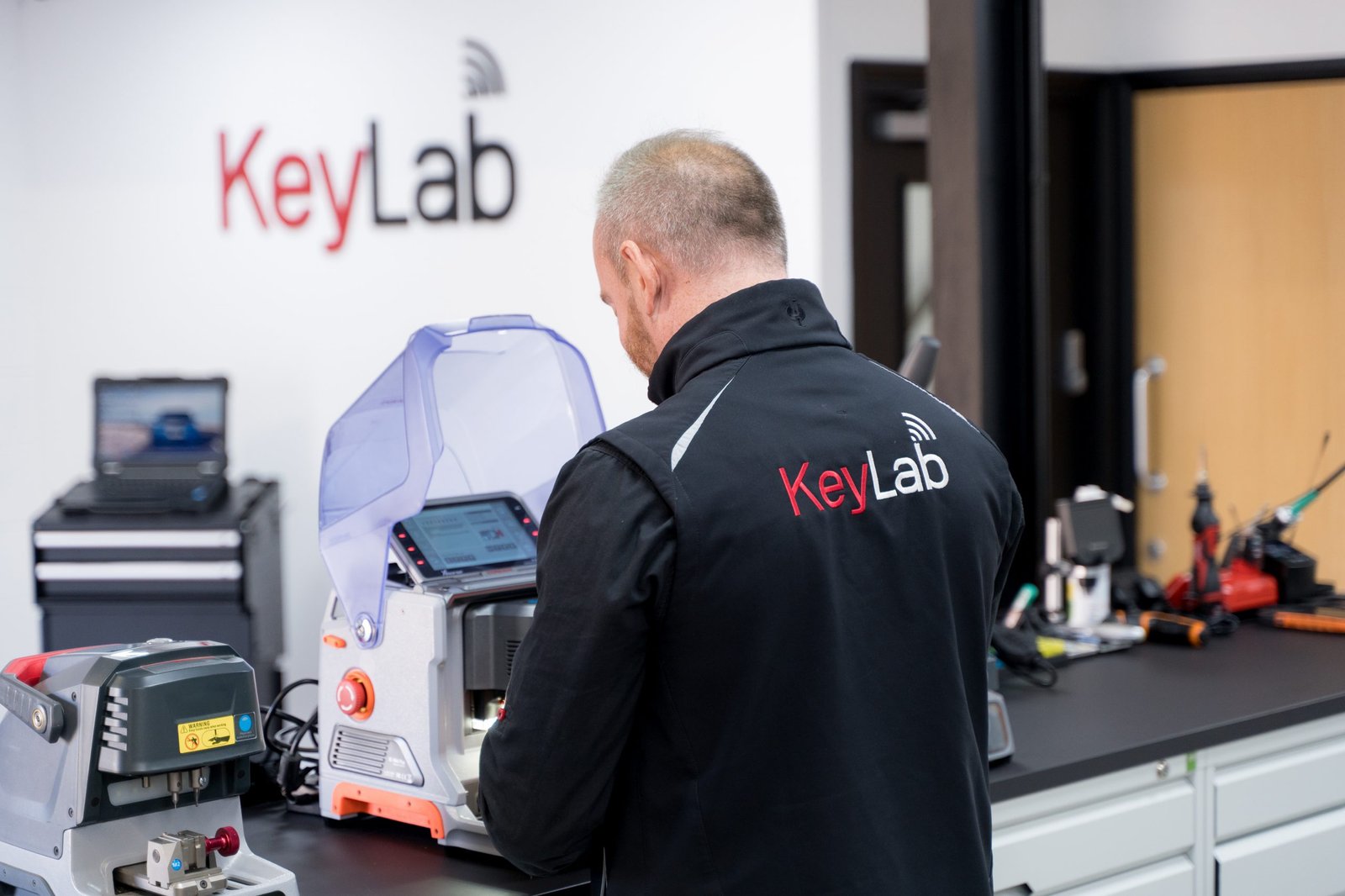10 Life Lessons We Can Learn From Key Replacements
Comprehensive Guide to Car Key Replacements: Understanding Your Options
In today's fast-paced world, losing or harming a car key is an increasingly typical affair. Car key replacements have actually progressed considerably over the years with advancements in technology, and car owners now have a variety of choices to think about. This short article will check out the different kinds of car keys, techniques for replacement, expense ramifications, and other essential factors to consider for car key replacements.
Types of Car Keys
Comprehending the kinds of car keys is necessary for knowing the replacement alternatives offered. Below is a summary of the numerous types:
Type
Description
Traditional Key
A non-electronic key that mechanically opens the door and ignition.
Transponder Key
A key embedded with a microchip that communicates with the car's ignition system for included security.
Key Fob
A remote control used to open doors and begin the engine wirelessly. Often consists of a transponder chip.
Smart Key
Permits keyless entry and ignition, utilizing distance sensing units and advanced technology.
Valet Key
A restricted key that restricts access to specific functions of the vehicle, typically used by parking attendants.
Comprehending the Replacement Process
When it concerns car key replacements, it is important for car owners to be mindful of the choices readily available. The following approaches illustrate how car keys can be changed:
1. Car dealership Replacement
- Process: The vehicle owner checks out the car dealership and provides proof of ownership. The dealership may need the Vehicle Identification Number (VIN) and extra recognition.
- Pros: Trusted source, guaranteed compatibility, frequently consists of programs.
- Cons: Typically the most pricey option.
2. Expert Locksmith
- Process: A licensed locksmith professional visits the car location or runs from their store. They cut and program the replacement key.
- Pros: Generally more affordable than dealerships and can provide a variety of key alternatives.
- Cons: Limited capability for some innovative keys and fobs, might not have OEM (Original Equipment Manufacturer) parts.
3. Do-It-Yourself (DIY)
- Process: Car owners can purchase key blanks and shows sets online or from hardware shops. Follow specific guides for programs.
- Pros: Cost-effective and practical.
- Cons: Risk of mistakes, lack of expert quality, and possible security concerns.
4. Mobile Key Cutting Services
- Process: Mobile services concern your place to cut and program keys.
- Pros: Convenient and often more budget-friendly.
- Cons: May need a waiting period, and prices vary based on range and service quality.
5. Insurance coverage Coverage
- Process: Some vehicle insurance coverage policies cover losses due to stolen or lost keys.
- Pros: Potentially considerable expense savings.
- Cons: Coverage limitations and prospective deductibles could apply.
Aspects Influencing Replacement Costs
The cost of changing a car key can vary widely depending on a number of aspects, such as:
- Type of Key: Traditional keys are normally less pricey to replace than transponder keys or wise keys.
- Design and Make of Vehicle: Luxury and more recent designs may have higher replacement costs due to sophisticated innovation.
- Area: The average market rates for locksmith professional services or dealers can affect rates.
- Key Programming: Programming costs might be different from key cutting expenses.
Here's a general breakdown of replacement costs:
Estimated Costs of Car Key Replacement
Key Type
Estimated Cost Range
Standard Key
₤ 5 – ₤ 25
Transponder Key
₤ 50 – ₤ 300
Key Fob
₤ 50 – ₤ 600
Smart Key
₤ 200 – ₤ 600
Valet Key
₤ 10 – ₤ 30
Necessary Considerations
While checking out car key replacements, it's crucial to remember of the following:
- Proof of Ownership: Always have documents that shows ownership when looking for a replacement.
- Security Concerns: Keep in mind that lost keys pose security dangers; if there's a concern, think about rekeying locks.
- Service warranty and Insurance: Check if your car is under service warranty and if it covers key replacements.
- Future Security: Consider updating to more safe options like clever keys if your vehicle supports it.
Frequently Asked Questions About Car Key Replacements
Q1: Can I replace my car key myself?A1: Yes, it is possible to replace your car key yourself, especially if you purchase key blanks and have shows tools. Nevertheless, ensure you follow directions precisely to avoid issues.
Q2: How long does it take to replace a car key?A2: Replacement time depends on the technique used. Electronic Car Key Replacement might take longer due to shows, while mobile locksmith professionals can frequently do it on-site within minutes.
Q3: What should I do if I lost my car key?A3: If you lose your car key, evaluate your needs and select a replacement technique. Consider contacting a locksmith or your vehicle's dealership for next actions.
Q4: Are replicate keys considered replacements?A4: No, duplicates are copies of existing keys, while replacements are new keys made when the original is lost, broken, or not working.
Q5: Will my car's alarm be impacted if I replace the key?A5: It depends upon the key type. Normally, a correctly set replacement will not impact the alarm. However, some keys may require to be synced or programmed to the alarm system.
Car key replacements are more simple than they have ever been, yet understanding the numerous alternatives and their ramifications can save money and time. By familiarizing oneself with the kinds of keys, the replacement procedure, and potential expenses, car owners can browse this obstacle with higher ease. Whether choosing a car dealership, locksmith, or a DIY technique, staying informed ensures smarter choices for protecting automobile access.
